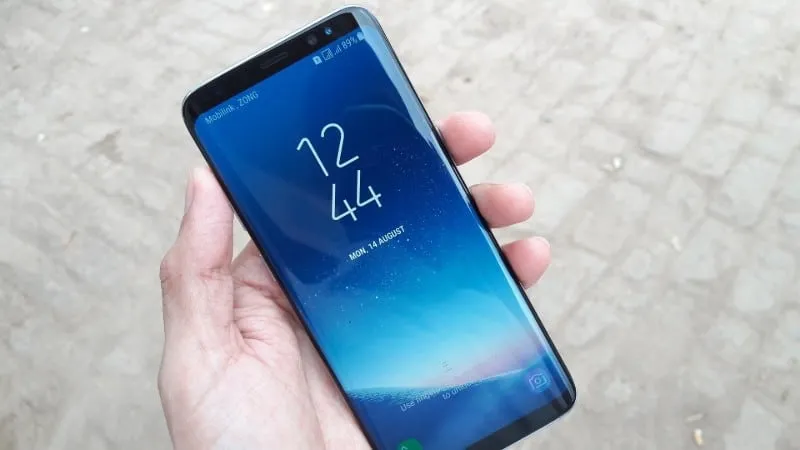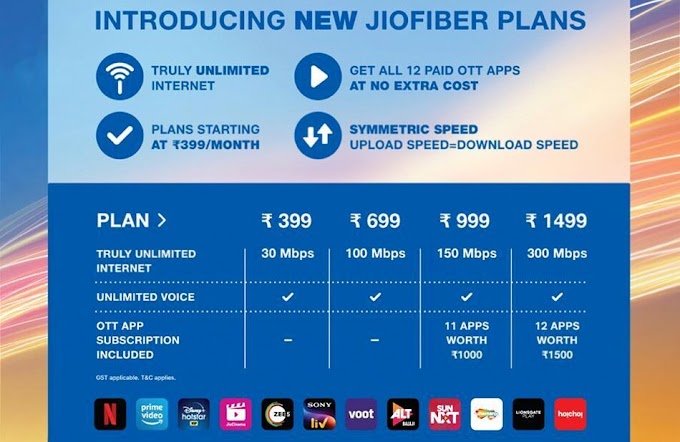IPS LCD VS SUPER AMOLED
In this
article, we discuss two of the most famous advances displays. Those
advancements are AMOLED and IPS LCD.
We required screens that give awesome quality
outside and can be seen from various edges.
These displays are used
vastly in todays smartphones , tablets, wathches , fit band etc. in our daily
life need.
A display’s quality is generally measured by
the sharpness and colours it produces.
Well, lets start with the basics. Both screens
are made up of Pixels. A pixel is made up of 3 sections called sub-pixels. The
three sections are red, green and blue(primary colors for display tech). To
make a certain color, each pixel lets certain amounts of light through each
pixel at different intensities, showing the color on your screen.
On LCD displays, the light is
generated from a “backlight”. A series of thin films, transparent mirrors and
an array of white LED Lights that shine and distribute light across the back of
the display.
IPS LCD (In-Plane switching LIQUID CRYSTAL DISPLAY)
Advantages of LCD-

1- Bright whites – LED backlights push lots of light through the pixels to make it easier to read in bright light.
2- Accurate True to Life Colors – This can vary from one to the
other, LCD screens have colors that more accurately reflect those of obects here in the real world.
3- Great Viewing Angles – Most high quality Phone LCD displays use
IPS technology to offer 178 degrees of view without any color shifting or color
distortion.
4- Inexpensive – LCD Technology has been around time,perfected in
the mobile sphere, allowing massive volumes of screens to be produced at very
cost effective rates.
Disadvantages-
1- LCDs cannot achieve deep blacks – The presence of an always on backlight to illuminate a screen regardless of how much of the screen is black means that it will never get as dark as an AMOLED screen can.
1- LCDs cannot achieve deep blacks – The presence of an always on backlight to illuminate a screen regardless of how much of the screen is black means that it will never get as dark as an AMOLED screen can.
2- LCDs cannot be made flexible – In 2014 when Samsung unveiled a curved AMOLED display. LCDs are rigid and cannot be bent or molded into a curved design..
3-Thickness – Because the
LCD also requires a backlight behind it, the screen will always take up more
internal volume of a phone, limiting how thin and light designs can be.
AMOLED (ACTIVE- MATRIX ORGANIC LIGHT
EMITTING DISPLAY)

On AMOLED Screens, each pixel is its own
light source, meaning that no backlight is necessary.
This allows the screen assembly to be
thinner, and have more consistent lighting across the whole display. In
addition, since each pixel is an OLED(Organic
Light Emitting Diode) or individual light, showing black means it shuts off
pixels it doesn’t need to generate color.
Advatages
of AMOLED-
1- Amoled Screens have the most vivid colors - AMOLED screens can make that happen with amazing contrast ratios(distance in color from darkest to lightest).
2- True Black can be truly achieved – Because no backlight display is needed, the display can power off pixels that are to display the black portions of an image, meaning the black is as dark as it can be. That means looking at a Zebra uses less energy than a polar bear on your AMOLED screen.
3- Energy Efficiency – Because the display can individually light pixels, and likewise leave some pixels turned off entirely, leading to better battery life.
4- Flexible, Curvable, Adaptable – Flexible AMOLED Displays are present currently foldable phones,, and nearly every other smart wearable uses a circular AMOLED display. AMOLED is the screen tech for wearables(Apple Watch, Moto 360, Gear S3 etc.)
Disadvantages-
1- Amoled Screens have the most vivid colors - AMOLED screens can make that happen with amazing contrast ratios(distance in color from darkest to lightest).
2- True Black can be truly achieved – Because no backlight display is needed, the display can power off pixels that are to display the black portions of an image, meaning the black is as dark as it can be. That means looking at a Zebra uses less energy than a polar bear on your AMOLED screen.
3- Energy Efficiency – Because the display can individually light pixels, and likewise leave some pixels turned off entirely, leading to better battery life.
4- Flexible, Curvable, Adaptable – Flexible AMOLED Displays are present currently foldable phones,, and nearly every other smart wearable uses a circular AMOLED display. AMOLED is the screen tech for wearables(Apple Watch, Moto 360, Gear S3 etc.)
Disadvantages-
1- Pricey – Right now, the
higher cost on the repair market for an AMOLED screen is double that of a
comparable LCD. This is tied to higher manufacturing costs.
2- Less Durable – If a single
pixel is damaged, it can cause the entire screen to stop displaying alltogether.
In many cases, the AMOLED display will crack or break before the Gorilla Glass
on top of it does.
3- Burn in - Over time the pixels can get stuck, meaning that over
time as the screen gets older, it can show a shadow of an icon.




0 Comments